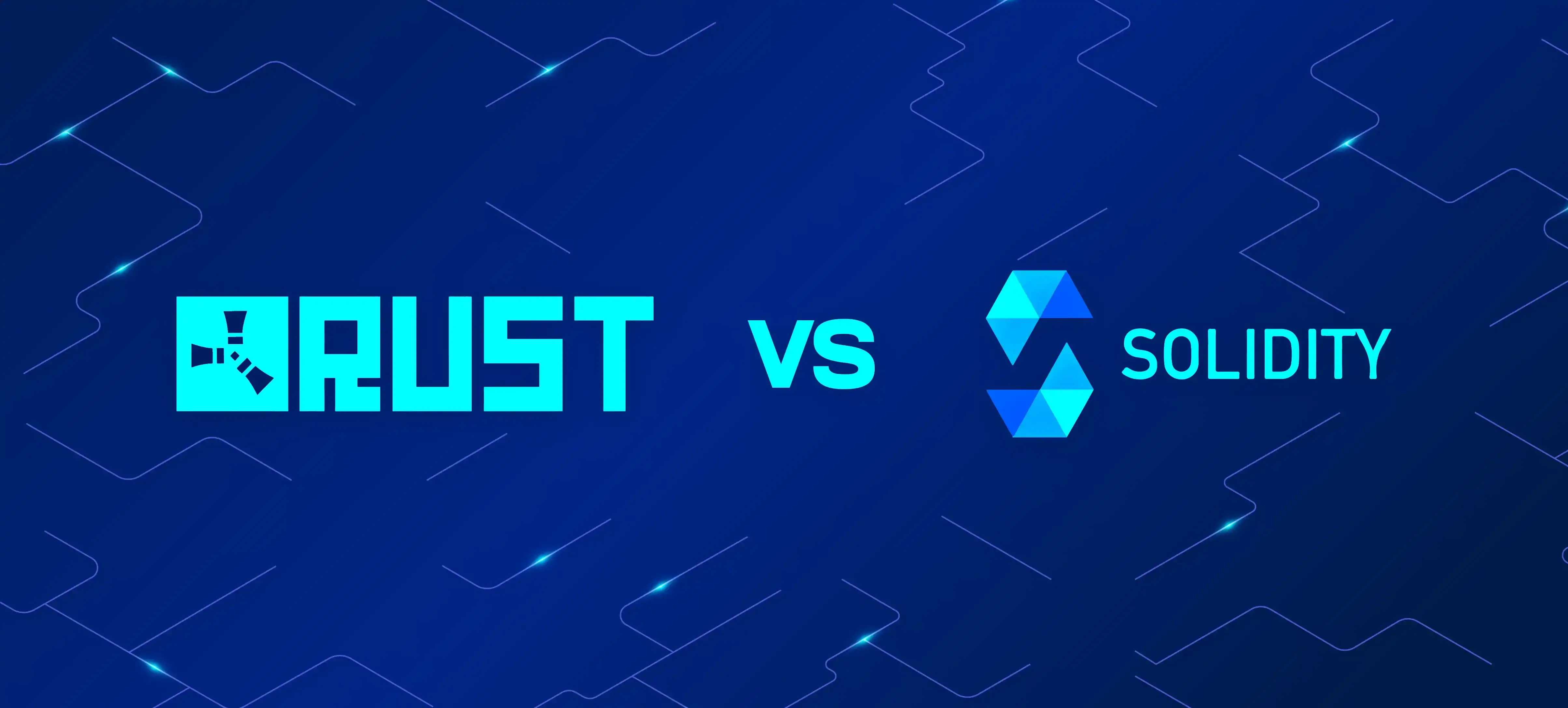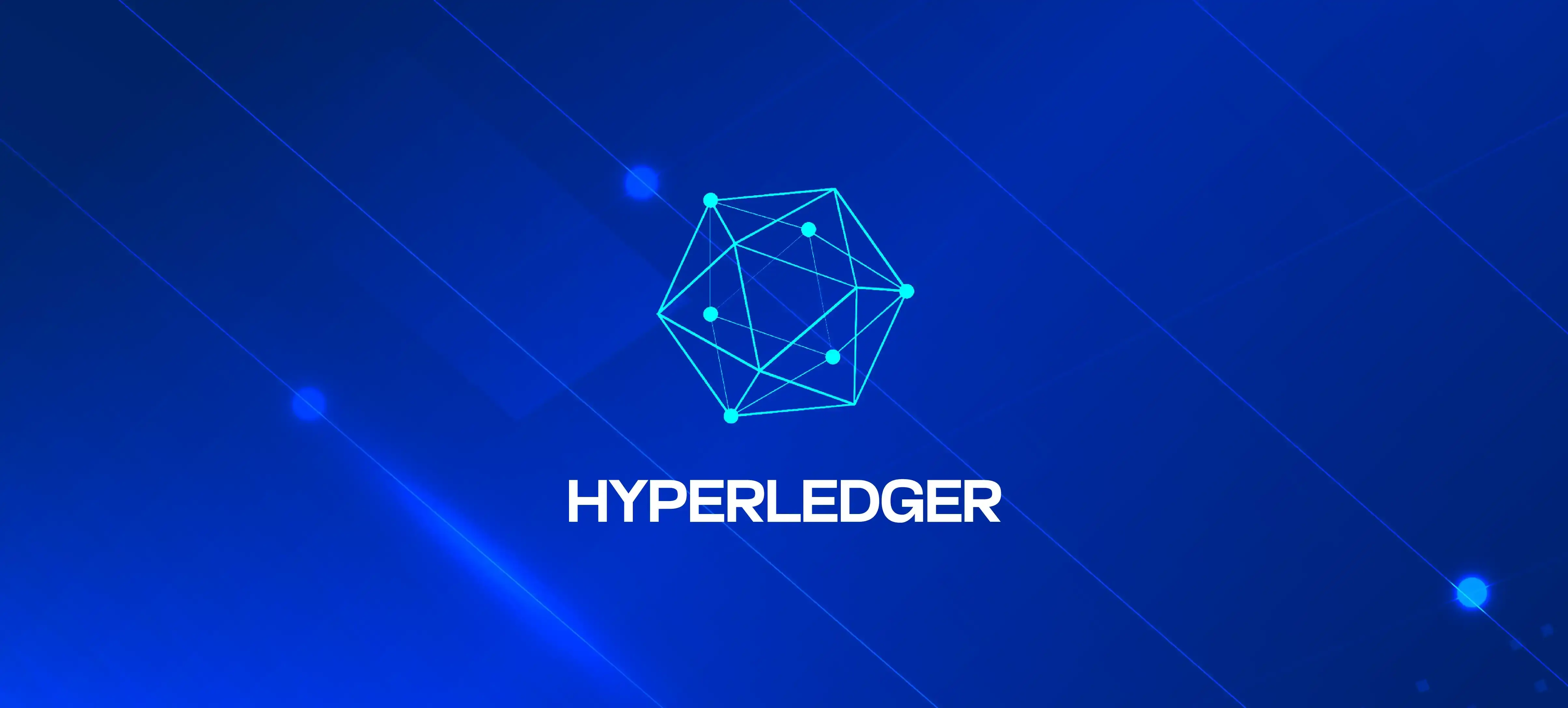
Is Rust better than Solidity?
Table of Contents
Solidity was designed explicitly for writing smart contracts on the Ethereum Virtual Machine (EVM). It is a statically typed language that focuses on making contract writing accessible to developers with a background in JavaScript or Python.
Rust, on the other hand, is a general-purpose programming language renowned for its speed, safety, and concurrency features. Though not explicitly designed for blockchain development, Rust has gained traction, particularly in building high-performance blockchains like Solana and Polkadot.
Comparative Analysis: Solidity and Rust

1. Performance
- Rust: Known for its blazing-fast performance, Rust is the go-to for systems programming and high-speed transactions. It offers memory safety without a garbage collector, reducing runtime errors significantly.
- Solidity: While functional for Ethereum smart contracts, Solidity’s performance can lag when handling complex decentralized applications (dApps) or scaling solutions.
Key Takeaway: Rust wins for performance-critical applications, particularly in high-throughput blockchains.
2. Ease of Use
-
Solidity: Tailored for Ethereum development, Solidity is beginner-friendly for those new to blockchain programming.
-
Rust: Steeper learning curve but offers more advanced control for seasoned developers.
Key Takeaway: Solidity is ideal for newcomers, while Rust rewards expertise with power and flexibility.
3. Ecosystem and Compatibility
-
Solidity: Boasts the largest developer ecosystem in the blockchain space, with robust tools like Remix, Hardhat, and Truffle. However, it's largely confined to EVM-compatible blockchains.
-
Rust: Powers blockchains like b which focus on next-gen scalability and speed.
Key Takeaway: Solidity’s ecosystem is mature but limited to Ethereum. Rust supports emerging, high-performance blockchains.
4. Security
-
Rust: Offers unparalleled security through its strict compiler checks, memory safety, and zero-cost abstractions.
-
Solidity: Despite improvements, Solidity’s history includes high-profile vulnerabilities like the DAO hack.
Key Takeaway: Rust outshines Solidity when security is paramount.
5. Scalability
-
Rust: Optimized for multithreading and handling millions of transactions per second, Rust is better suited for scalable solutions.
-
Solidity: Designed for Ethereum, it often requires layer-2 solutions to achieve similar scalability.
Key Takeaway: Rust is the choice for future-proof, scalable architectures.

Choosing the Best Language for Your Blockchain Project

Selecting the best programming language for your blockchain project is crucial. Our infographic simplifies this process with a clear decision tree to help you choose between Rust and Solidity. Whether you prioritize scalability, ease of use, or compatibility, this guide provides clarity. Rust is perfect for high-performance, scalable solutions, while Solidity excels in smart contract development on Ethereum.
The Verdict: Rust or Solidity?
Choosing between Rust and Solidity boils down to your project’s requirements:
-
Opt for Rust if you’re building a high-performance, scalable blockchain on platforms like Solana or Polkadot.
-
Choose Solidity if your focus is on Ethereum-based dApps and leveraging existing developer tools.
In the evolving blockchain space, Rust’s versatility and performance make it a compelling option for future-proof solutions, whereas Solidity’s ease of use keeps it indispensable in the
Ethereum ecosystem.

Ready to Build the Future of Blockchain?
Invoblox is here to help you make the right choice. Whether you’re building an Ethereum-based dApp or scaling a high-performance blockchain, our experts can bring your vision to life.
Final Thoughts
Rust’s performance and security make it a favorite for developers working on next-generation blockchains, while Solidity remains the go-to for Ethereum. As the blockchain space evolves, mastering both languages could become an essential skill for blockchain professionals.
To stay ahead in the blockchain race, collaborate with Invoblox—your innovation partner.
Table of Contents
Solidity was designed explicitly for writing smart contracts on the Ethereum Virtual Machine (EVM). It is a statically typed language that focuses on making contract writing accessible to developers with a background in JavaScript or Python.
Rust, on the other hand, is a general-purpose programming language renowned for its speed, safety, and concurrency features. Though not explicitly designed for blockchain development, Rust has gained traction, particularly in building high-performance blockchains like Solana and Polkadot.
Comparative Analysis: Solidity and Rust

1. Performance
- Rust: Known for its blazing-fast performance, Rust is the go-to for systems programming and high-speed transactions. It offers memory safety without a garbage collector, reducing runtime errors significantly.
- Solidity: While functional for Ethereum smart contracts, Solidity’s performance can lag when handling complex decentralized applications (dApps) or scaling solutions.
Key Takeaway: Rust wins for performance-critical applications, particularly in high-throughput blockchains.
2. Ease of Use
-
Solidity: Tailored for Ethereum development, Solidity is beginner-friendly for those new to blockchain programming.
-
Rust: Steeper learning curve but offers more advanced control for seasoned developers.
Key Takeaway: Solidity is ideal for newcomers, while Rust rewards expertise with power and flexibility.
3. Ecosystem and Compatibility
-
Solidity: Boasts the largest developer ecosystem in the blockchain space, with robust tools like Remix, Hardhat, and Truffle. However, it's largely confined to EVM-compatible blockchains.
-
Rust: Powers blockchains like b which focus on next-gen scalability and speed.
Key Takeaway: Solidity’s ecosystem is mature but limited to Ethereum. Rust supports emerging, high-performance blockchains.
4. Security
-
Rust: Offers unparalleled security through its strict compiler checks, memory safety, and zero-cost abstractions.
-
Solidity: Despite improvements, Solidity’s history includes high-profile vulnerabilities like the DAO hack.
Key Takeaway: Rust outshines Solidity when security is paramount.
5. Scalability
-
Rust: Optimized for multithreading and handling millions of transactions per second, Rust is better suited for scalable solutions.
-
Solidity: Designed for Ethereum, it often requires layer-2 solutions to achieve similar scalability.
Key Takeaway: Rust is the choice for future-proof, scalable architectures.

Choosing the Best Language for Your Blockchain Project

Selecting the best programming language for your blockchain project is crucial. Our infographic simplifies this process with a clear decision tree to help you choose between Rust and Solidity. Whether you prioritize scalability, ease of use, or compatibility, this guide provides clarity. Rust is perfect for high-performance, scalable solutions, while Solidity excels in smart contract development on Ethereum.
The Verdict: Rust or Solidity?
Choosing between Rust and Solidity boils down to your project’s requirements:
-
Opt for Rust if you’re building a high-performance, scalable blockchain on platforms like Solana or Polkadot.
-
Choose Solidity if your focus is on Ethereum-based dApps and leveraging existing developer tools.
In the evolving blockchain space, Rust’s versatility and performance make it a compelling option for future-proof solutions, whereas Solidity’s ease of use keeps it indispensable in the
Ethereum ecosystem.

Ready to Build the Future of Blockchain?
Invoblox is here to help you make the right choice. Whether you’re building an Ethereum-based dApp or scaling a high-performance blockchain, our experts can bring your vision to life.
Final Thoughts
Rust’s performance and security make it a favorite for developers working on next-generation blockchains, while Solidity remains the go-to for Ethereum. As the blockchain space evolves, mastering both languages could become an essential skill for blockchain professionals.
To stay ahead in the blockchain race, collaborate with Invoblox—your innovation partner.




